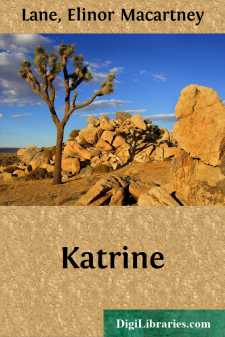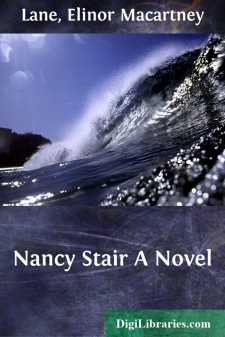Categories
- Antiques & Collectibles 13
- Architecture 36
- Art 48
- Bibles 22
- Biography & Autobiography 813
- Body, Mind & Spirit 142
- Business & Economics 28
- Children's Books 17
- Children's Fiction 14
- Computers 4
- Cooking 94
- Crafts & Hobbies 4
- Drama 346
- Education 46
- Family & Relationships 57
- Fiction 11829
- Games 19
- Gardening 17
- Health & Fitness 34
- History 1377
- House & Home 1
- Humor 147
- Juvenile Fiction 1873
- Juvenile Nonfiction 202
- Language Arts & Disciplines 88
- Law 16
- Literary Collections 686
- Literary Criticism 179
- Mathematics 13
- Medical 41
- Music 40
- Nature 179
- Non-Classifiable 1768
- Performing Arts 7
- Periodicals 1453
- Philosophy 64
- Photography 2
- Poetry 896
- Political Science 203
- Psychology 42
- Reference 154
- Religion 513
- Science 126
- Self-Help 84
- Social Science 81
- Sports & Recreation 34
- Study Aids 3
- Technology & Engineering 59
- Transportation 23
- Travel 463
- True Crime 29
Elinor Macartney Lane
Elinor Macartney Lane was an American author best known for her 1904 novel "Nancy Stair," which became a bestseller. Born in 1864, she initially worked as a teacher before turning to writing. Her works often explored themes of personal growth and romantic relationships, with "Nancy Stair" standing out for its vivid portrayal of Scottish history and strong female characters. Lane's literary career was relatively brief, as she passed away in 1909.
Author's Books:
Sort by:
I Ravenel Plantation occupies a singular rise of wooded land in North Carolina, between Way-Home River, Loon Mountain, and the Silver Fork. The road which leads from Charlotte toward the south branches by the Haunted Hollow, the right fork going to Carlisle and the left following the rushing waters of the Way-Home River to the very gate-posts of Ravenel Plantation, through which the noisy water...
more...
PREFACE BY LORD STAIR Two excellent accounts of the beautiful Nancy Stair have already been published; the first by Mrs. George Opie, in the Scots News, giving a detailed account of the work on the burnside, and a more recent one by Professor Erskine, of our own University, which is little more than a critical dissertation upon Nancy as a poet; the heart of the matter with him being to commend her...
more...



